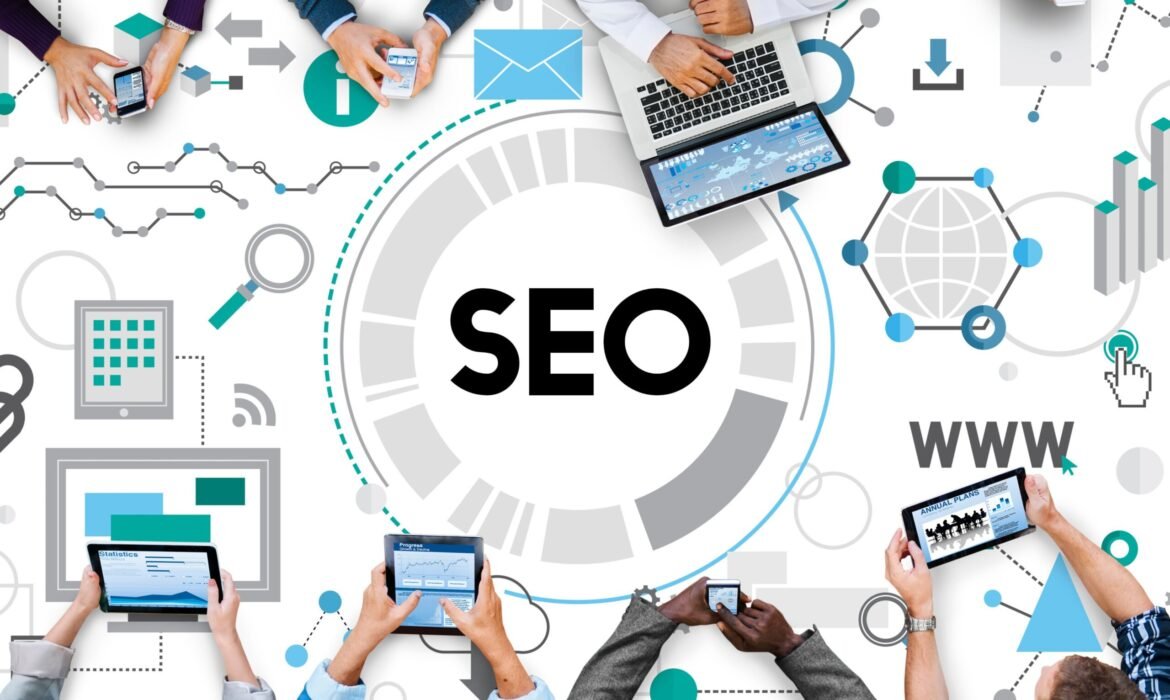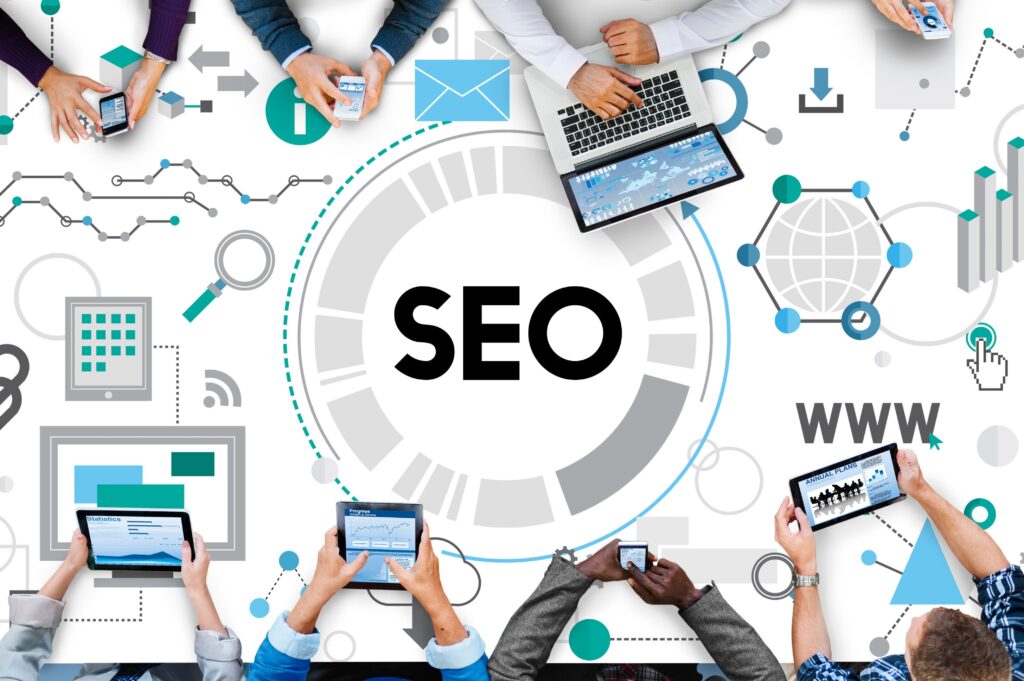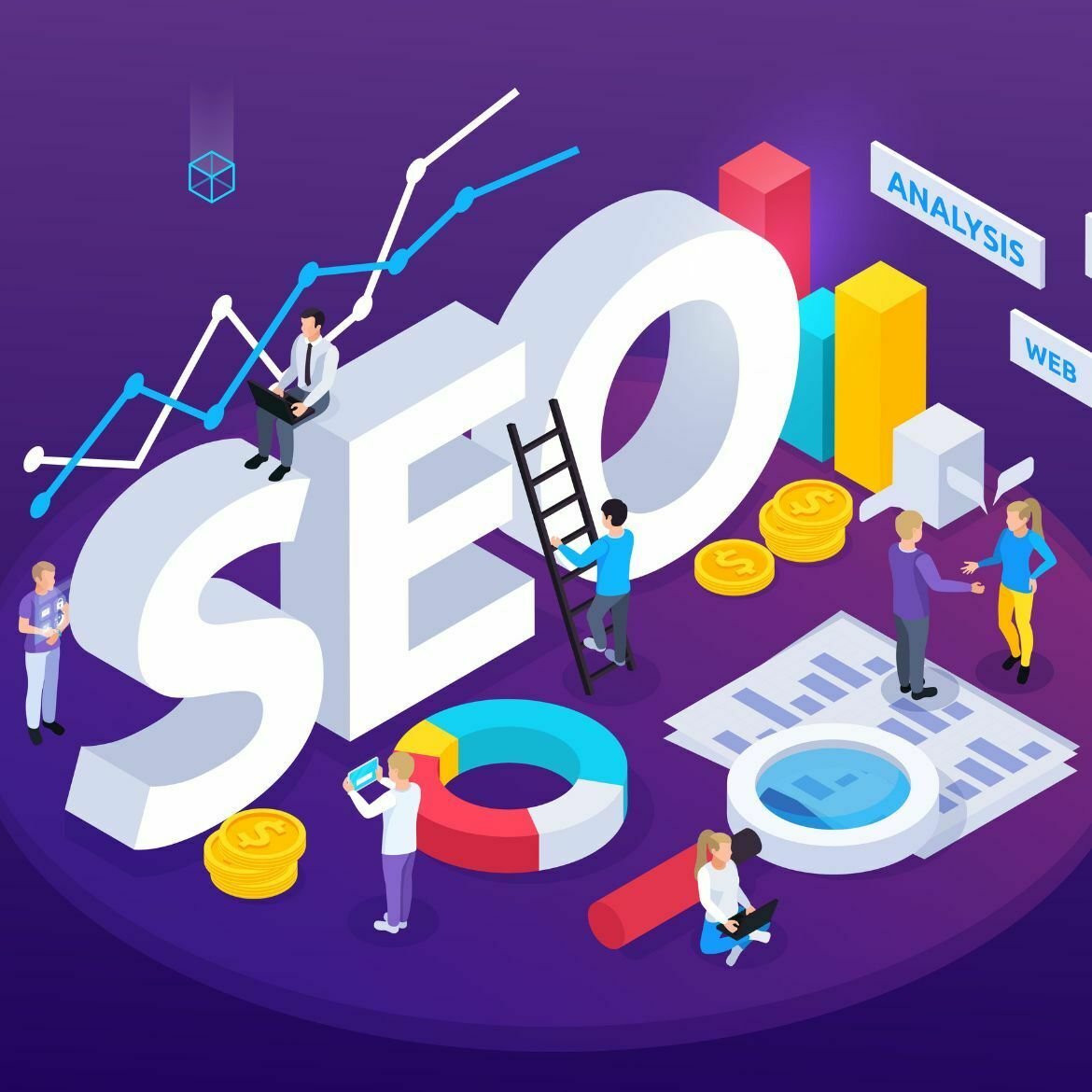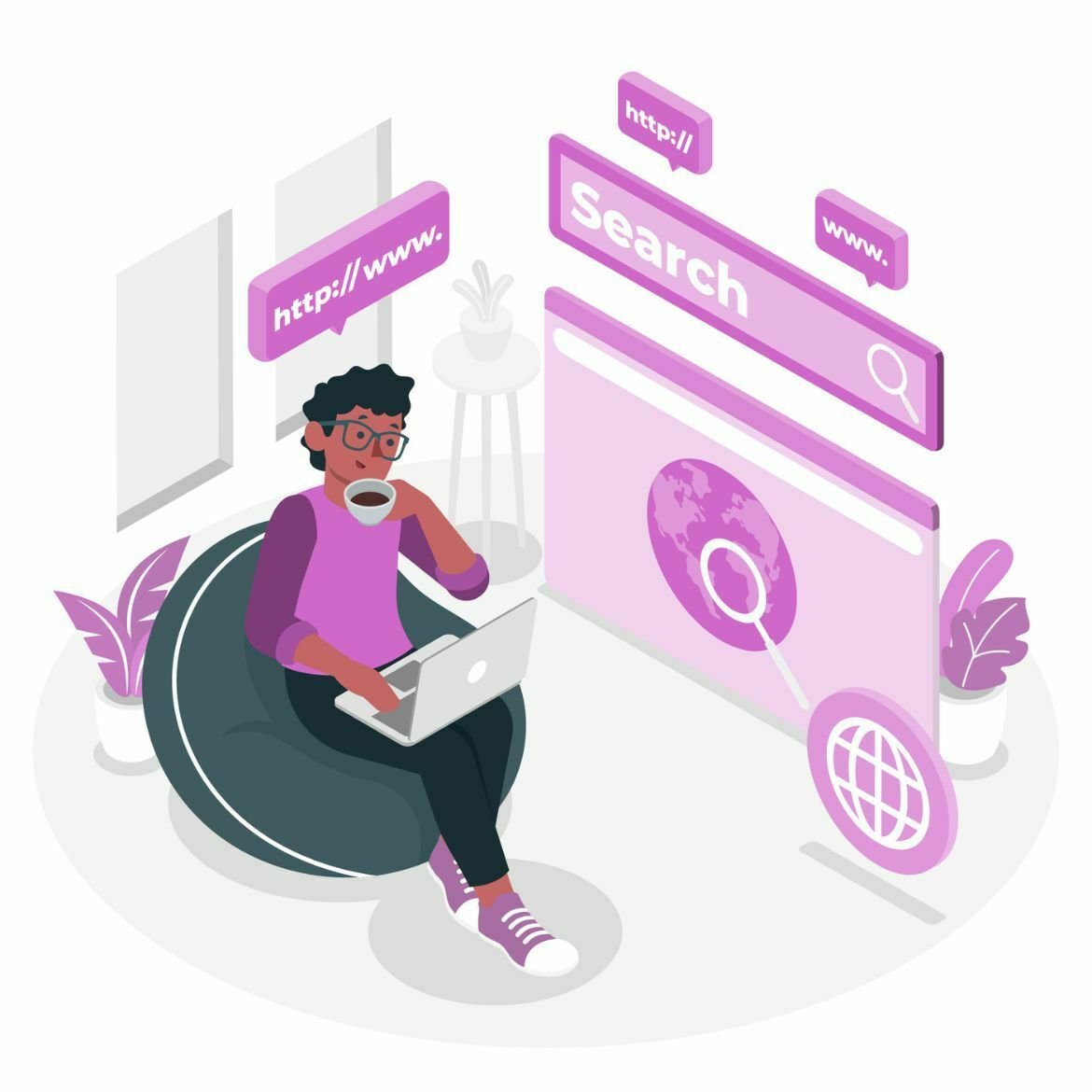

Search engine optimization (SEO) is crucial for any website looking to rank high in search engine results pages (SERPs). While there are numerous factors that impact a website’s ranking, on-page SEO is one of the most important. On-page SEO involves optimizing the content and structure of a website to make it more appealing to search engines.
In this article, we will provide you with a complete guide to on-page SEO for beginners, including what it is, why it matters, and how to do it effectively. Read also about which seo is best for the long run
What is On-Page SEO?
On-page SEO refers to the practice of optimizing individual web pages to rank higher in search engine results pages and earn more relevant traffic. It involves optimizing both the content and HTML source code of a page to make it more appealing to search engines.
Why is On-Page SEO Important?
On-page SEO is important because it helps search engines understand your website and its content better. By optimizing your content for on-page SEO, you can improve your website’s relevance, authority, and credibility in the eyes of search engines. This, in turn, can help you rank higher in search engine results pages, attract more traffic to your website, and ultimately, achieve your business goals.
The Elements of On-Page SEO
The following are the key elements of on-page SEO:
Content:
This includes the quality, relevance, and length of the content on your website.
Meta Tags:
These are the title tags, meta descriptions, and header tags that appear on your website.
URL Structure:
This refers to the structure of the URLs on your website.
Image Optimization:
This involves optimizing the images on your website for search engines.
Internal Linking:
This refers to the practice of linking to other pages on your website.
User Experience:
This includes factors such as page speed, mobile responsiveness, and ease of navigation.


How to Optimize Your Content for On-Page SEO
To optimize your content for on-page SEO, you should:
Conduct Keyword Research:
Identify the keywords and phrases that your target audience is searching for.
Use Keywords Strategically:
Include your target keywords in your title tags, meta descriptions, headers, and throughout your content.
Optimize Your Content:
Make sure your content is well-written, engaging, and informative.
Use Header Tags:
Use header tags (H1, H2, H3) to break up your content and make it more readable.
Include Internal Links:
Link to other relevant pages on your website to improve user experience and encourage visitors to stay on your site longer.
Best Practices for On-Page SEO
To get the most out of your on-page SEO efforts, consider implementing the following best practices:
Use Descriptive URLs:
Use descriptive URLs that include your target keywords.
Write Compelling Meta Descriptions:
Write meta descriptions that accurately describe the content of your web page and include your target keywords.
Optimize Your Images:
Optimize your images by including alt tags and compressing their file sizes.
Improve Page Speed:
Improve your page speed by optimizing images, minifying CSS and JavaScript, and using a content delivery network (CDN).
Make Your Website Mobile-Friendly:
Ensure your website is mobile-friendly by using a responsive design and testing your site on various devices.
Use Structured Data:
Use structured data to help search engines better understand the content of your website.
Optimize for Featured Snippets:
Optimize your content for featured snippets by providing concise answers to commonly asked questions.
Common On Page SEO Mistakes to Avoid
When optimizing your website for on-page SEO, be sure to avoid the following common mistakes:
Keyword Stuffing:
Avoid overusing keywords in your content, as this can lead to a penalty from search engines.
Duplicate Content:
Avoid using duplicate content on your website, as this can negatively impact your rankings.
Neglecting User Experience:
Don’t forget about user experience when optimizing your website. Make sure your site is easy to navigate, loads quickly, and is mobile-friendly.
Ignoring Title Tags and Meta Descriptions:
Make sure to write unique and descriptive title tags and meta descriptions for each page on your website.
On Page SEO FAQs
Q. What is the difference between on-page and off-page SEO?
A. On-page SEO involves optimizing the content and structure of your website to improve its relevance and appeal to search engines, while off-page SEO involves optimizing external factors such as backlinks, social media signals, and online reputation.
Q. How important is on-page SEO for website ranking?
A. On-page SEO is crucial for website ranking because it helps search engines understand the content and relevance of your website. Without proper on-page optimization, search engines may not be able to properly index and rank your site, leading to a lower search engine ranking and less traffic to your site.
Q. How can I improve my on-page SEO?
A. To improve your on-page SEO, focus on creating high-quality, relevant content that targets specific keywords, using descriptive and optimized title tags and meta descriptions, optimizing your website structure and internal linking, improving your website speed, making your website mobile-friendly, using structured data, and optimizing for featured snippets.
Q. How long does it take to see results from on-page SEO?
A. The amount of time it takes to see results from on-page SEO can vary depending on a variety of factors, including the competitiveness of your keywords and the quality of your content. Generally, it can take several weeks or even months to see significant improvements in your search engine rankings.
Q. Can I do on-page SEO myself, or do I need to hire a professional?
A. While you can certainly do on-page SEO yourself, it can be helpful to hire a professional to ensure you are following best practices and maximizing your results. An experienced SEO specialist can help identify areas for improvement and provide guidance on the best on-page SEO strategies for your website.
Conclusion
In conclusion, on-page SEO is a critical component of any successful SEO strategy. By optimizing the content and structure of your website, you can improve your search engine rankings, attract more relevant traffic to your site, and achieve your business goals. Remember to focus on creating high-quality, engaging content, using strategic keywords, and following best practices to get the most out of your on-page SEO efforts.
Boost Your Online Presence with AnalyticsXpert's Professional SEO Services
At AnalyticsXpert, our digital marketing agency offers a wide range of SEO services to help your website rank higher on search engine results pages. Our team of experts utilizes the latest SEO techniques and tools to optimize your website’s content and structure, ensuring that it is fully optimized for search engines. With our SEO services, you can expect increased visibility, more traffic, and ultimately, more conversions for your business. Don’t let your competitors outrank you online – contact us today to learn more about how we can help you improve your SEO and achieve your digital marketing goals.



[…] On page SEO includes optimizing title tags, meta descriptions, and content with local keywords. Ensure your NAP (Name, Address, Phone Number) information is consistent across your website. […]
[…] On-page SEO refers to the techniques that are applied on the website itself, to optimize the content for search engines. This includes optimizing the titles, meta descriptions, headings, images, internal linking, and more. On-page SEO is crucial because it helps search engines understand the website’s content, and as a result, it can rank higher on the search engine results pages (SERPs). On-page SEO can be considered a long-term strategy as it helps to build a strong foundation that search engines can use to understand the website’s content better. […]